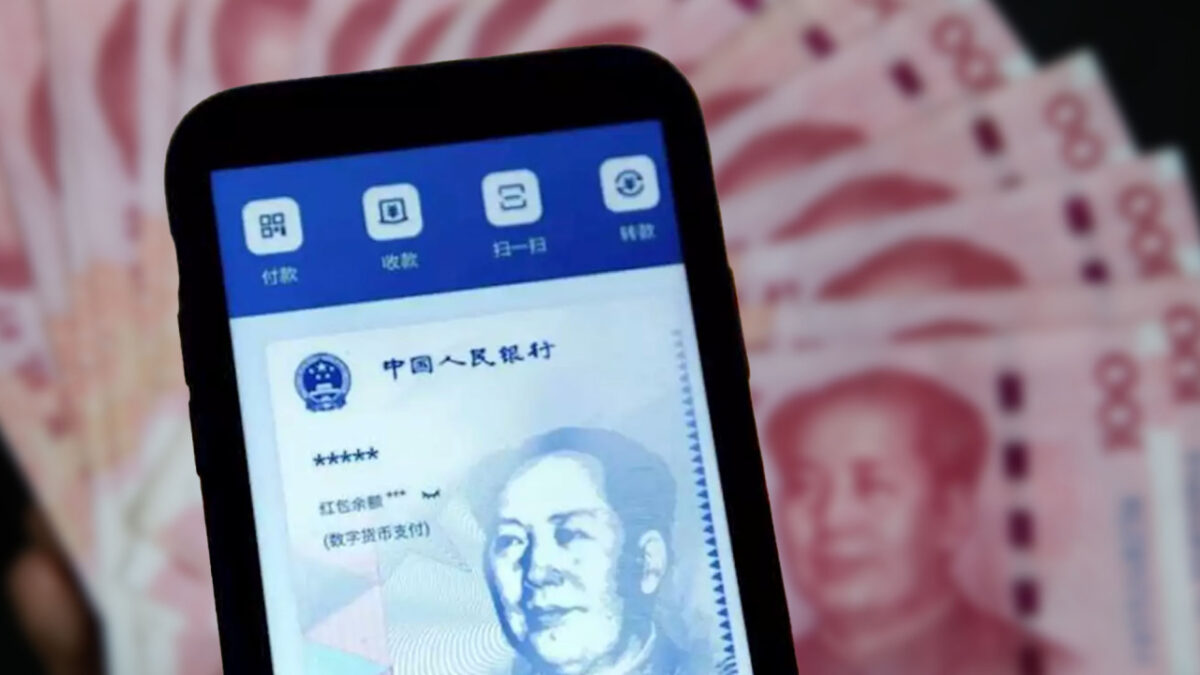According to statistics compiled by the Cambridge Centre for Alternative Finance, China dominated the Bitcoin mining sector at the start of 2021, minting more than half of all new BTC. Chinese Bitcoin mining had all but vanished by the middle of the year after the government outlawed the process.
Despite the crackdown on cryptocurrency, China accelerated its plans for a central bank digital currency, an electronic version of the yuan that will eventually replace bills and coins, and began piloting the project in various parts of the nation.
According to the South China Morning Post, the government made its e-CNY (Electric Chinese Yuan) wallet publicly available for download via China’s Apple and Android app stores today. (It was previously only available through a private link.) Citizens in the test cities, like Shanghai and Shenzhen, can sign up for the trial version. Foreigners will be permitted to use the app at the Winter Olympics activities next month.
Governments such as Turkey, Czech Republic, The United States of America among others are looking into Central Bank Digital Currencies (CBDCs). These are often backed by distributed ledgers like blockchains, as a method to go paperless and improve security while cutting payment costs and speed. Two countries have launched CBDCs, according to CBDCTracker.org: the Bahamas launched the Sand Dollar in October 2020, and Nigeria released the e-Naira a year later.
However, with a population of 1.4 billion people, China provides the most significant test of state-issued digital currencies to date. By late October, the project’s developer, the Digital Currency Research Institute, claimed that over 140 million citizens had established accounts.
In contrast, Alipay, an Ant Group-created one-stop shop for finances, has almost 90 percent of the country’s citizens as users. Venmo, PayPal, Uber, Geico, and a bank are all rolled into one in Alipay. Tencent’s WeChat Pay is also popular in China.
The digital yuan, as the Carnegie Endowment for International Peace points out, might allow China to break Ant Group and Tencent’s stronghold on payments infrastructure, and the government has stated that it intends to use the e-CNY network to expand financial surveillance.
For those suspicious of the Chinese government’s motives, this is bad news for privacy and the covert usage of cryptocurrencies, says Carnegie:
“Its success could weaken dominant incumbent payment platforms, enabling policymakers to bring these platforms in closer alignment with Chinese financial regulators’ objectives, such as cracking down on unauthorized cross-border capital flows and bitcoin trading.”
In a nutshell, there will be less financial privacy.
Government authorities have been organizing digital yuan lotteries to encourage locals to use the network, distributing a total of 30 million yuan ($4.7 million) to 150,000 inhabitants of Shenzhen and Suzhou.
